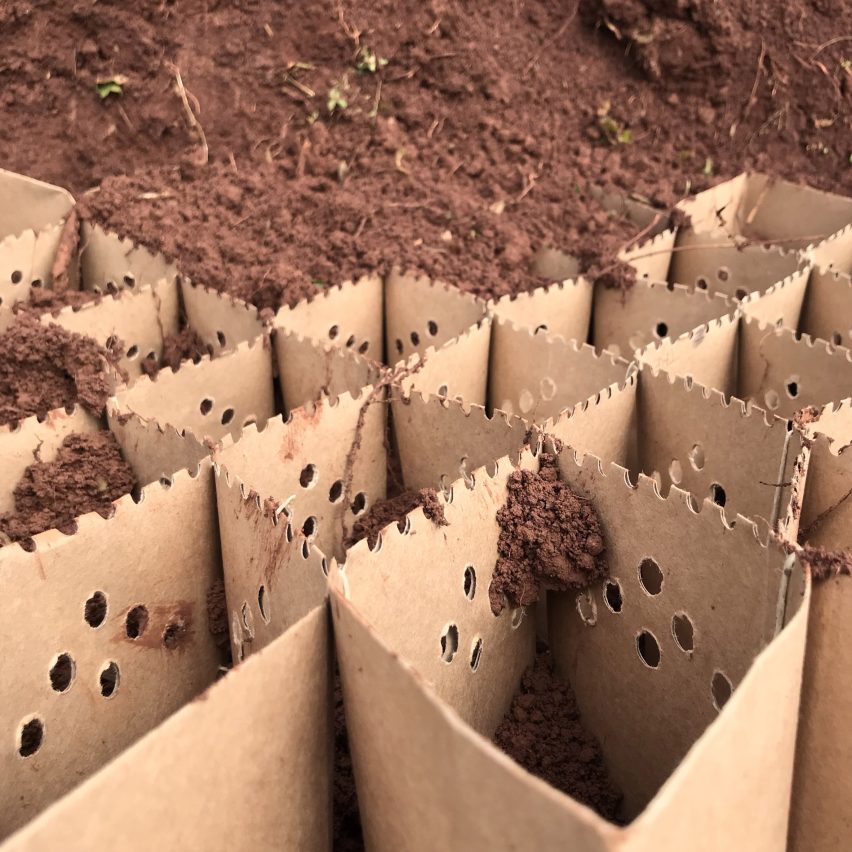
Dutch designer Thom Bindels has developed Ecosystem Kickstarter, a honeycomb-shaped cardboard frame that can help small-scale farmers grow crops in degraded soil.
The simple, modular, cardboard system, which was first presented at Dutch Design Week, is embedded in a slope of degraded earth and filled with local soil.
This forms a terracing structure to prevent the runoff of seeds and nutrients in rainwater.
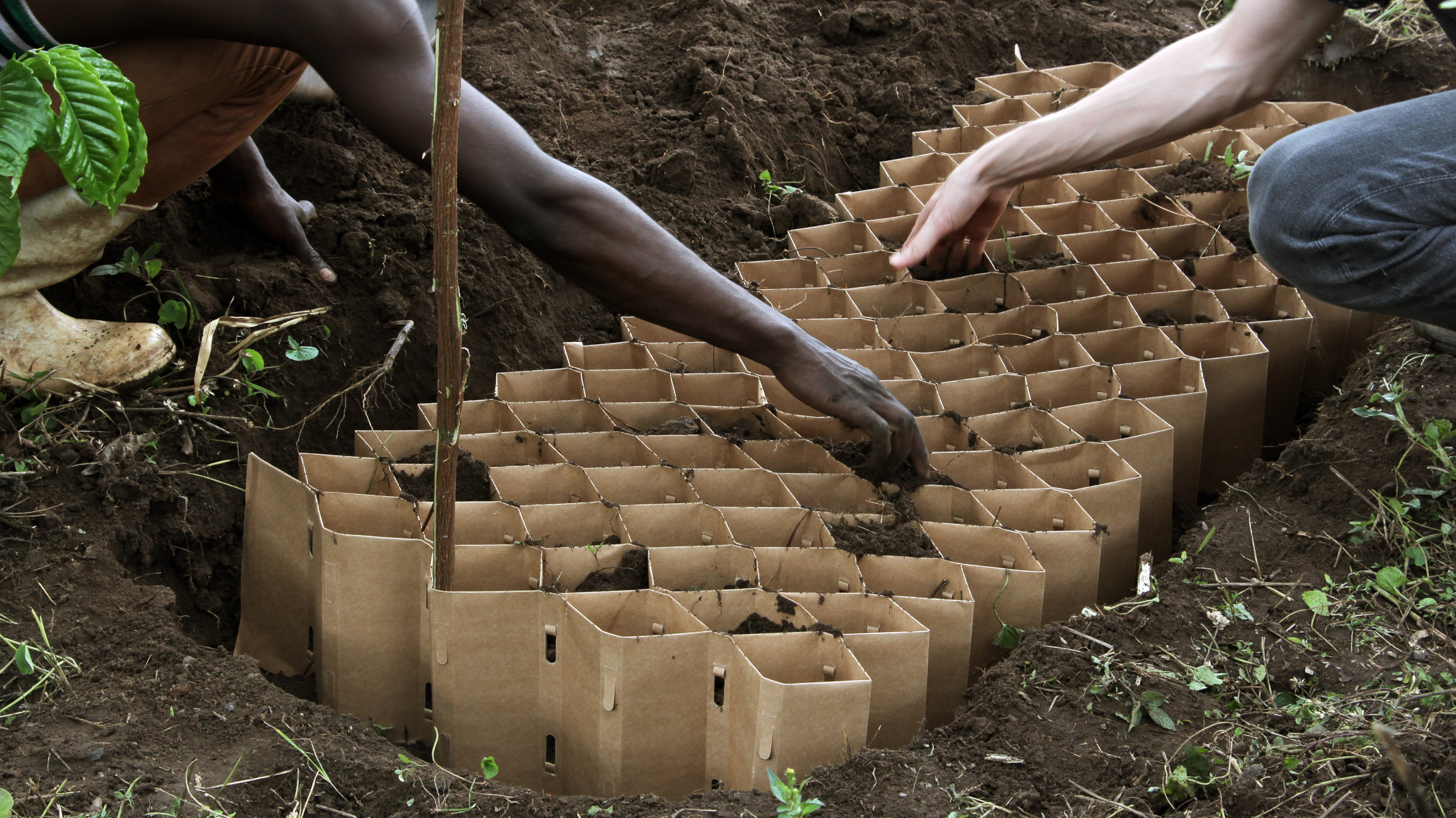
Ecosystem Kickstarter (Ecokick) biodegrades, and when it does it will grow a strip of "perennial terracing vegetation" because the cardboard is enriched with seeds and nutrients.
The resulting terraced crops fulfil the same stabilising function the cardboard originally served. In between these organic fortifications, food crops are protected from erosion and able to flourish.
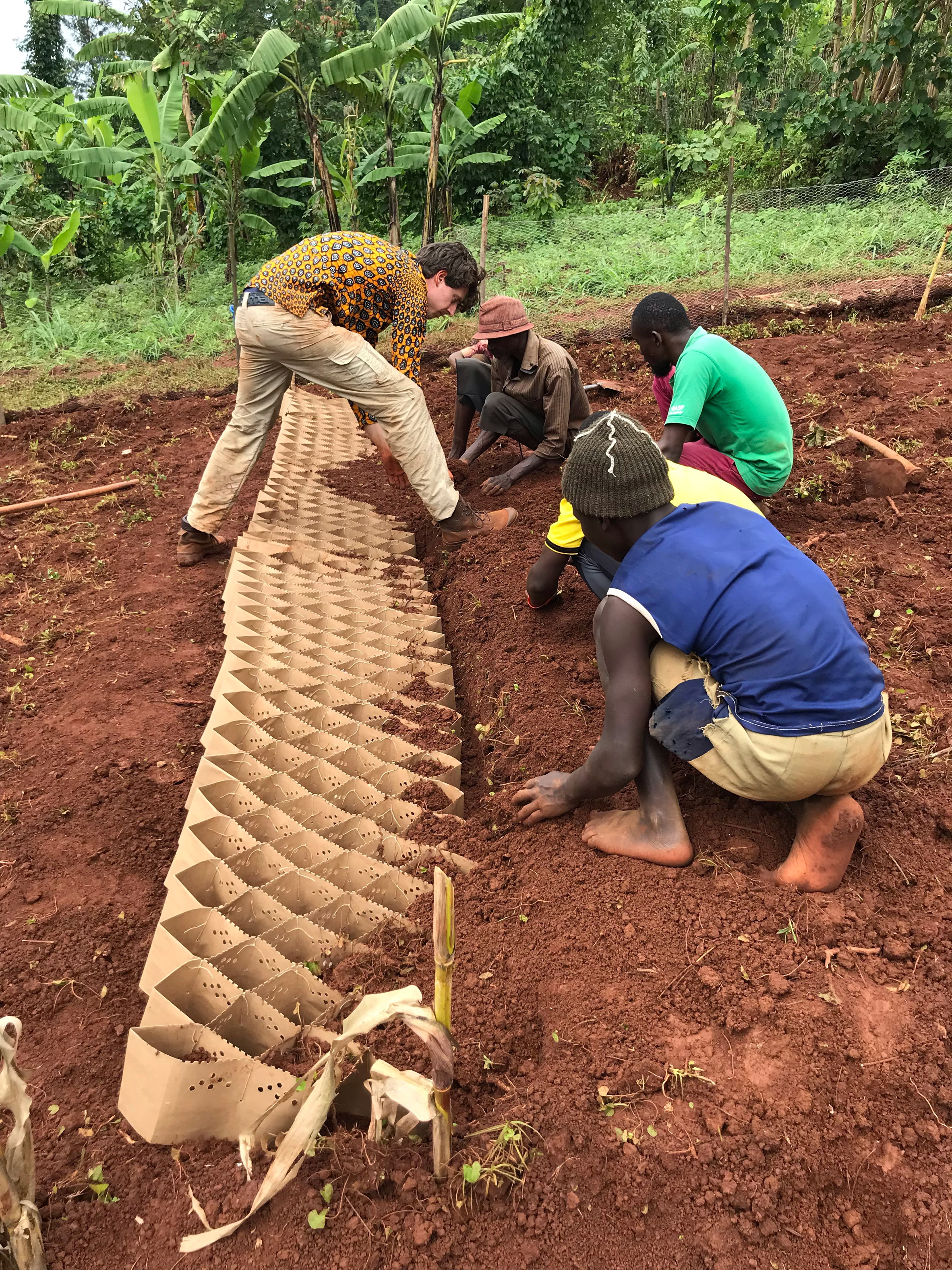
Ultimately, this could break the vicious cycle of soil erosion, which is exacerbated by climate change as long periods of drought followed by brief, torrential rainfall mean that fertile top soil and seeds are flushed away before they get a chance to germinate.
This leads to a lack of vegetation, which in turn makes it even harder for water to penetrate into the baked soil in the future.
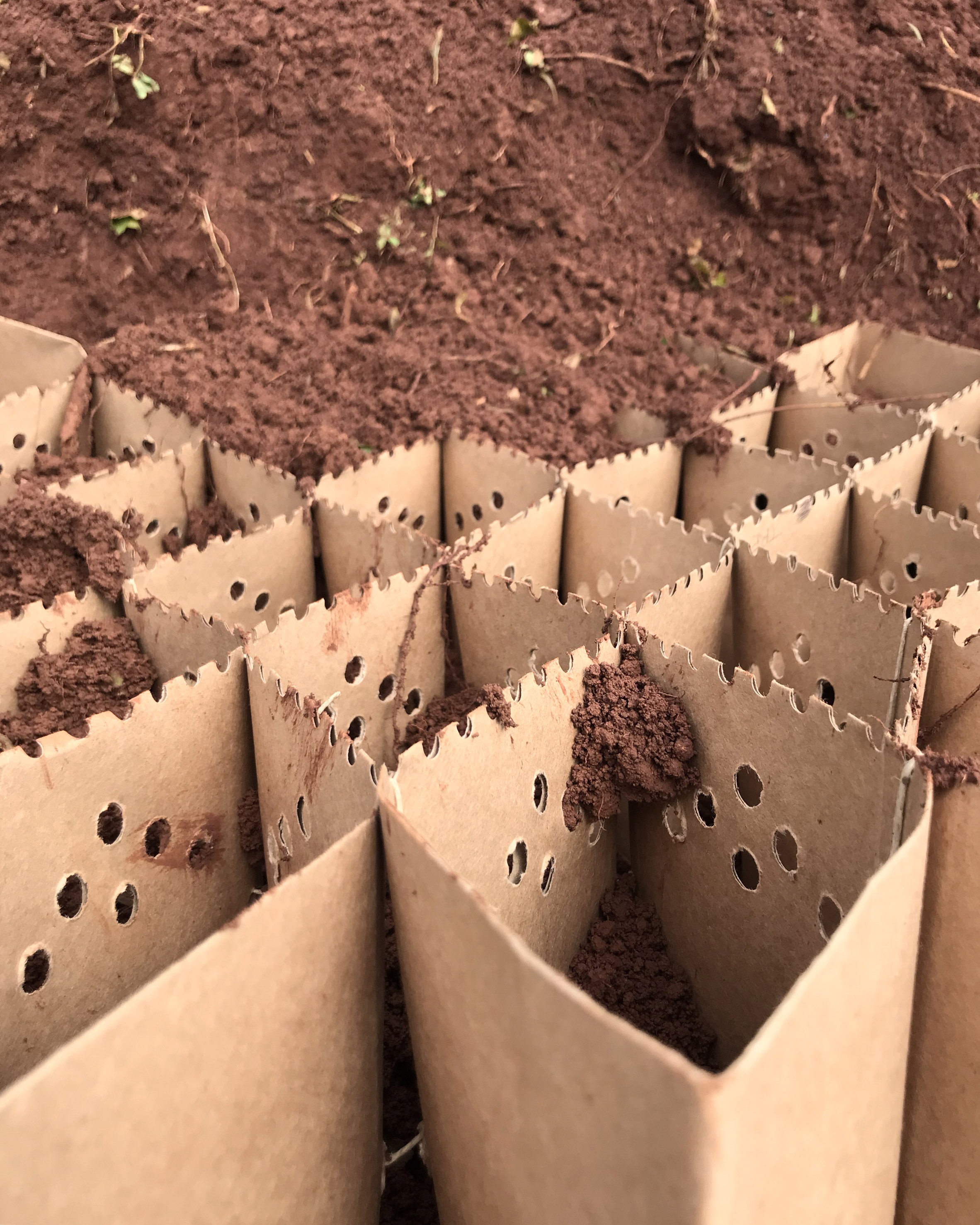
"When this process continues for too long, the ecosystem can no longer restore itself," Bindels told Dezeen. "A negative spiral of erosion causes a lack of nutrients in the soil, a lack of soil activity and a lack of groundwater."
"The point where an ecosystem is no longer able to restore itself is called the ecological threshold. But once the ecosystem is kickstarted back on top of this threshold, it will be able to maintain itself again," he continued.
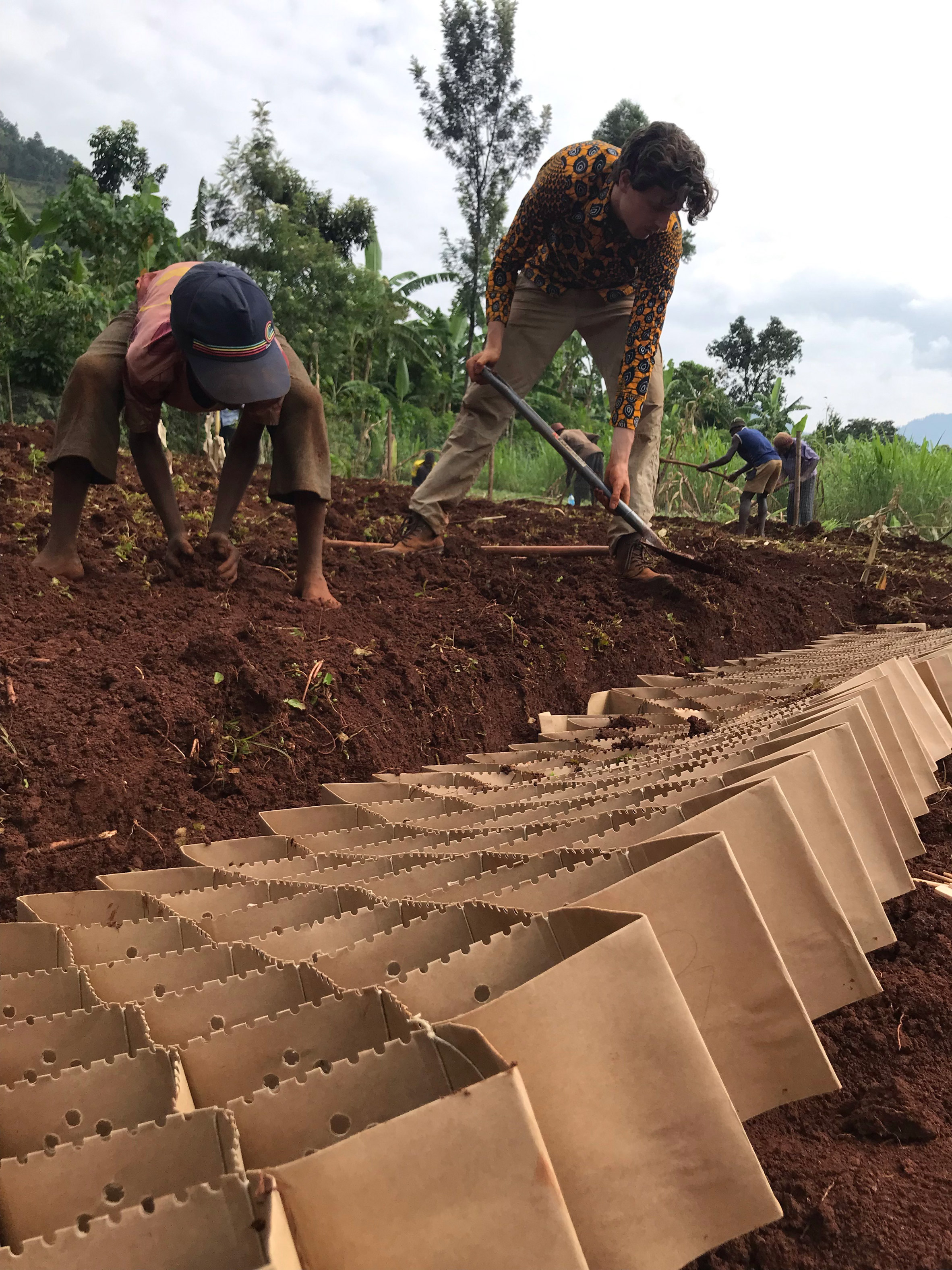
To achieve this, the project combines a number of existing anti-erosion practices used by farmers in Sub-Saharan Africa into one low-cost product for mass-production.
The manufacturing process starts in the project's workshop in Amsterdam, with the cardboard being folded into the double-layered honeycomb structure.
"After this we add six holes in the side and smaller ones at the top of the fold, to enable the germinating seeds to grow their roots and sprout through the top before the cardboard is decomposed," said Bindels, who is a student at the Design Academy Eindhoven.
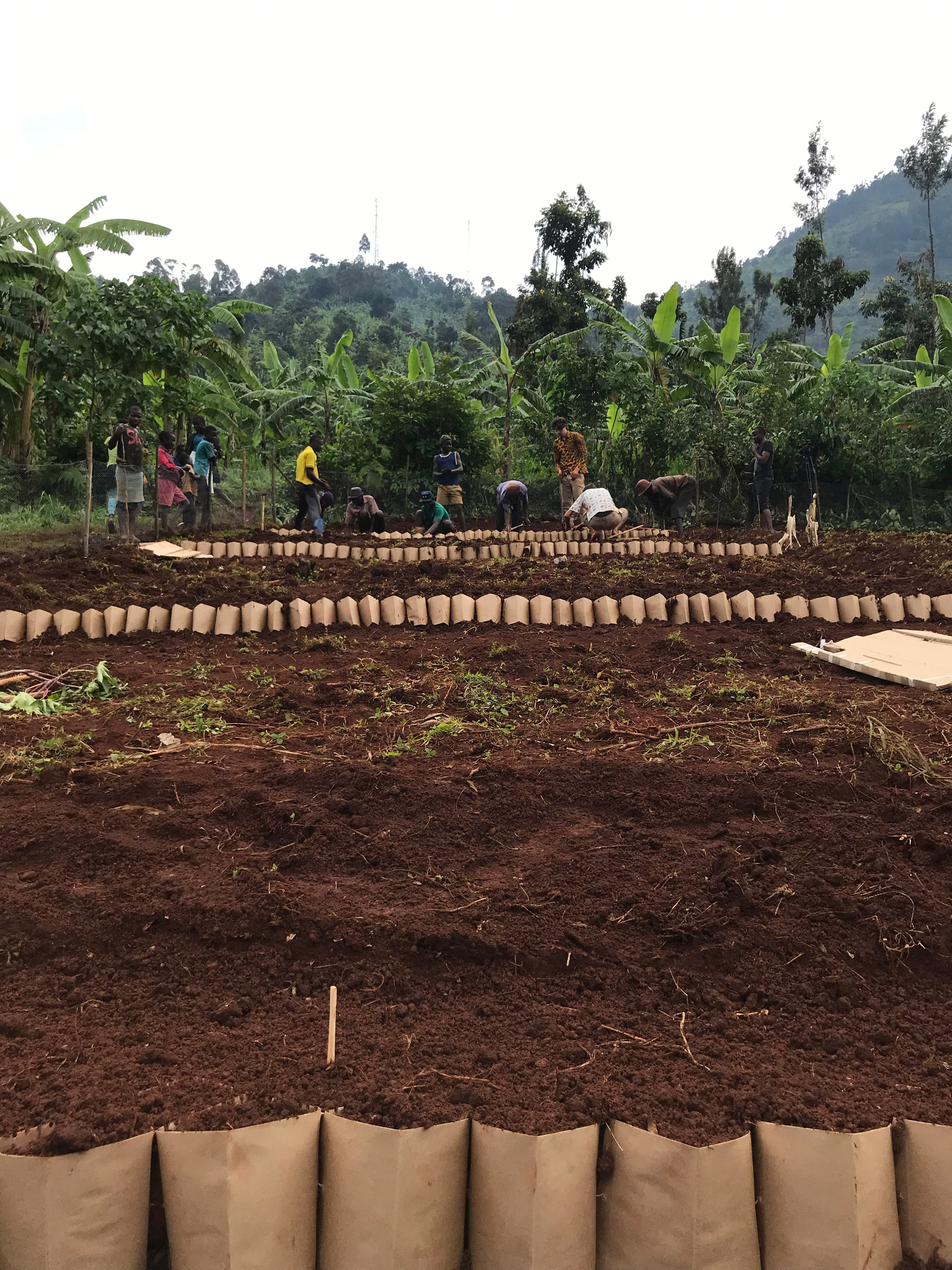
A solution of fertiliser is applied to the bottom of the cardboard strip and the seeds are added in a prepared strip that's slipped between the cardboard layers.
The structure is then closed with a paper fastener which connects the folds without adding extra material.
Once planted into the ground, the Ecokick protects the rooting system of the growing vegetation while in its most vulnerable stage. And as the cardboard finally decomposes, it gives carbon back into the soil.
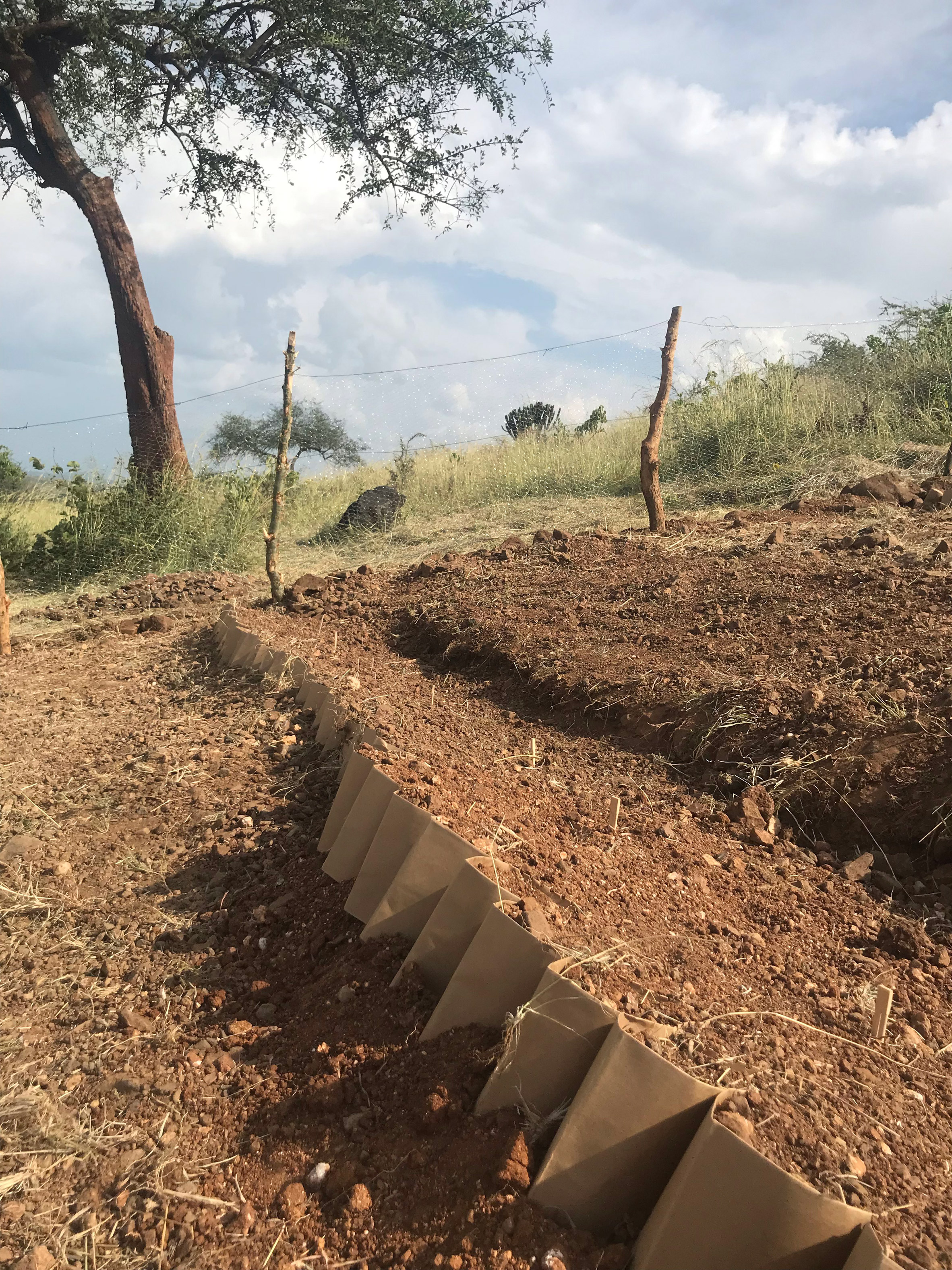
"By building up carbon in the soil you not only store CO2 but together with the other nutrients, it can facilitate a good start for a fertile landscape," explained Bindels.
"Soil in areas that suffer from erosion often lacks organic matter, which is important for water retention and a healthy soil system full of fungi and bacteria."
In allowing the permanent system of terraced vegetation to put down roots, Ecokick improves the soil structure to enable farmers to grow their crops and push the ecosystem over that ecological threshold.
"By using the rooting structures of vegetation to stabilise the soil of the terraces, water can infiltrate and farmers can harvest the perennial vegetation to feed cattle while leaving the root structures intact and the plants alive," he said.
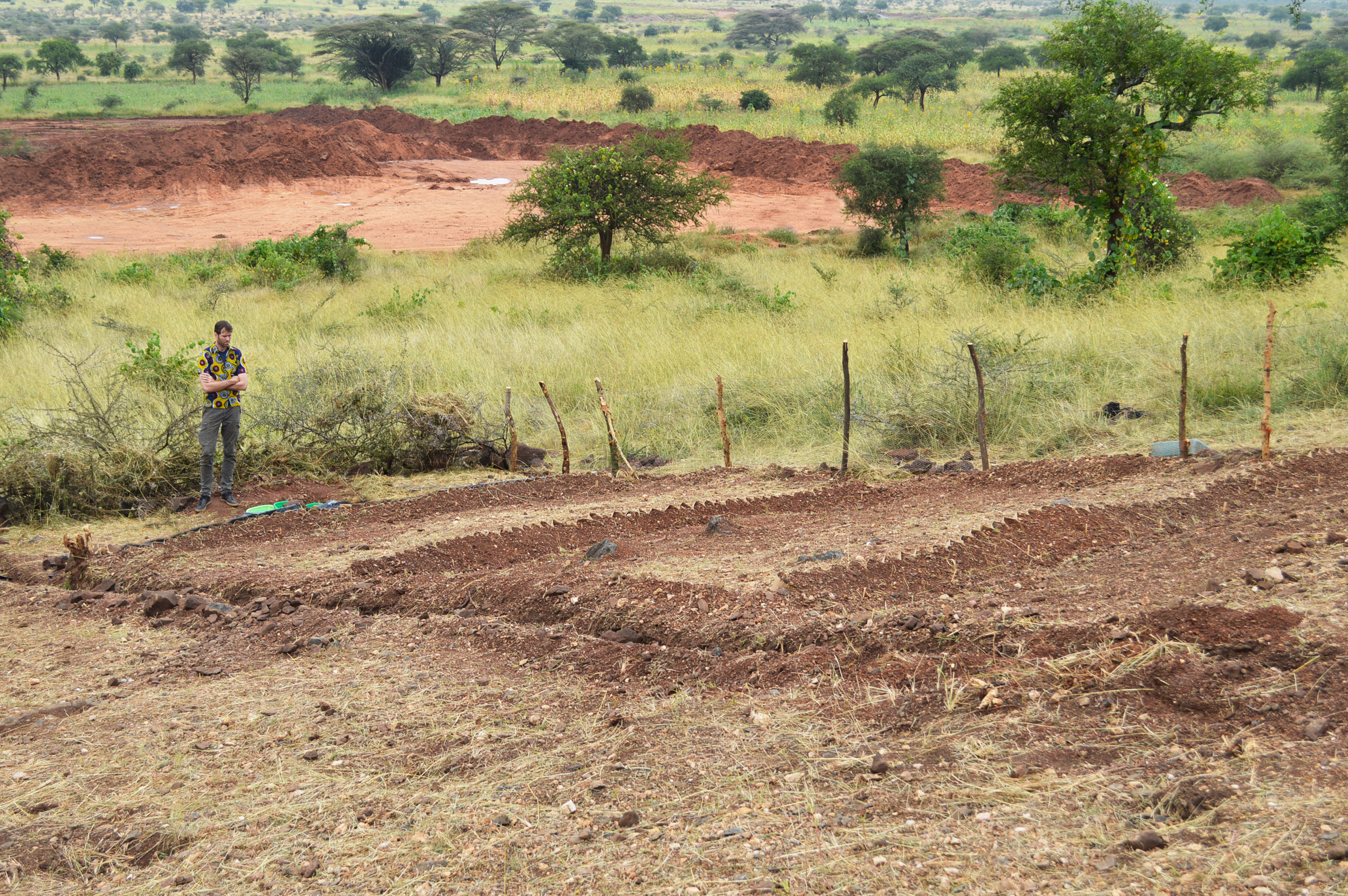
The team behind Ecokick has been testing the product on site in Uganda for two years to develop the prototypes. And eventually, Bindels wants to create a simple, low-tech production line so that the product can be made locally, anywhere in the world.
This would not only embolden the local economy and make it more self-sufficient but also eliminate the carbon emissions associated with transporting the product.
"We want to set up collaborations with small-scale paper makers in Uganda to research possibilities on the usage of local fibres such as banana stem, papyrus or agricultural waste materials such as sugar cane," said Bindels.
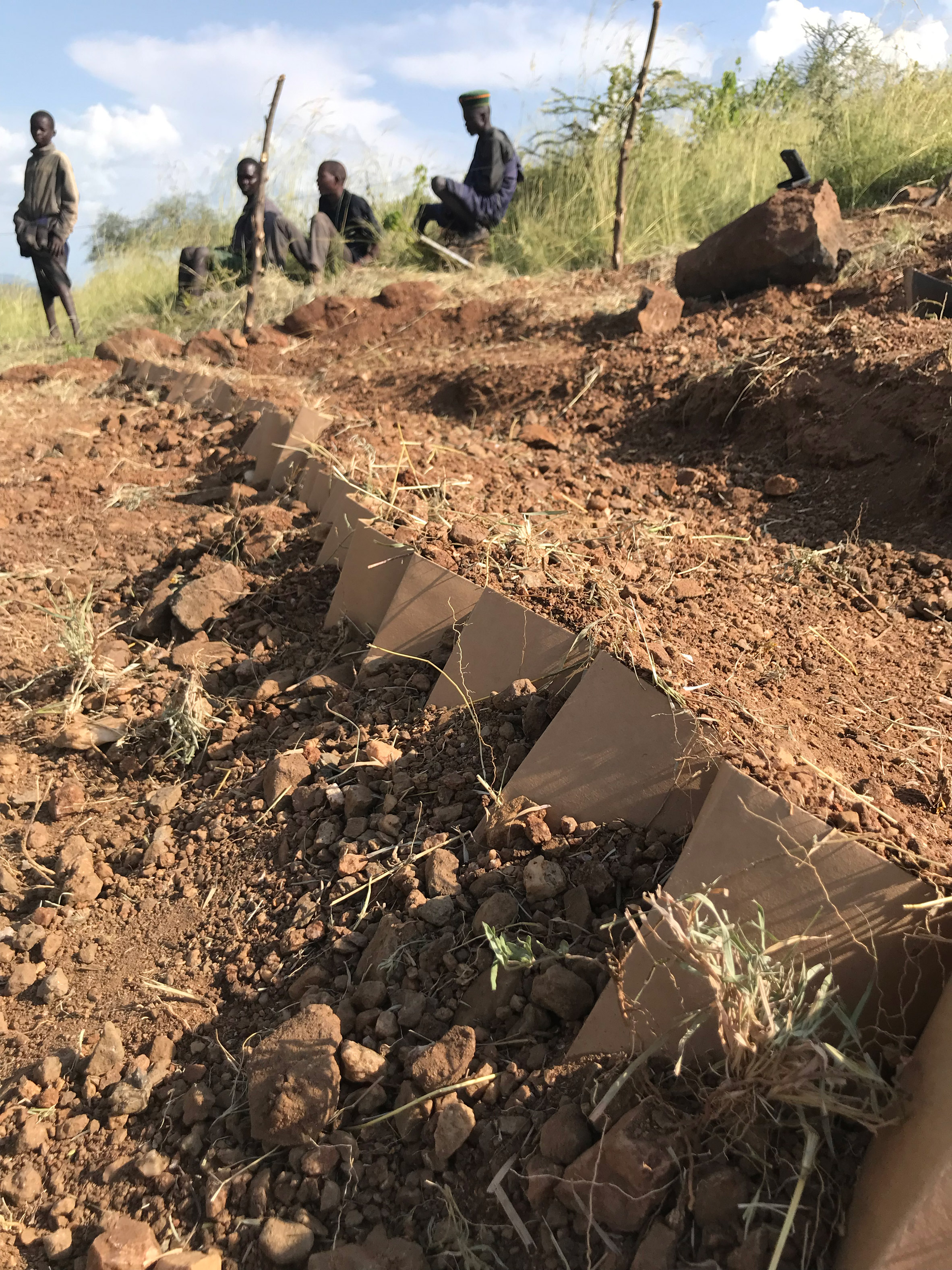
By stipulating that the fibres used in the project can only come from sustainably managed lands, he hopes to give an added incentive to local farmers to adopt eco-friendly production methods.
Elsewhere, designers have been working to replace the plastic and cotton in our clothing with materials made from organisms such as algae, which rather than emitting carbon are capable of sequestering it.
In architecture, vertical farms have been explored as a way to bring nature back into our cities and offer a more sustainable alternative to current agricultural practices, as for example in a modular residential tower cum urban farm by Austrian studio Precht.
The post Ecosystem Kickstarter is a cardboard structure that fights soil erosion appeared first on Dezeen.
https://ift.tt/2KnUIfK
twitter.com/3novicesindia
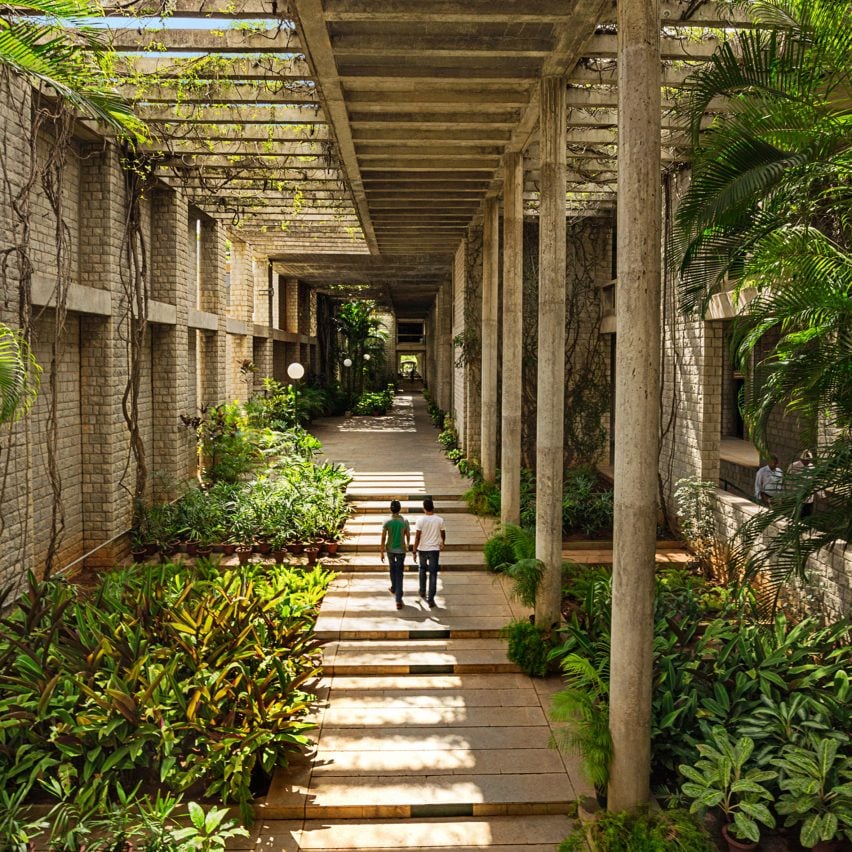

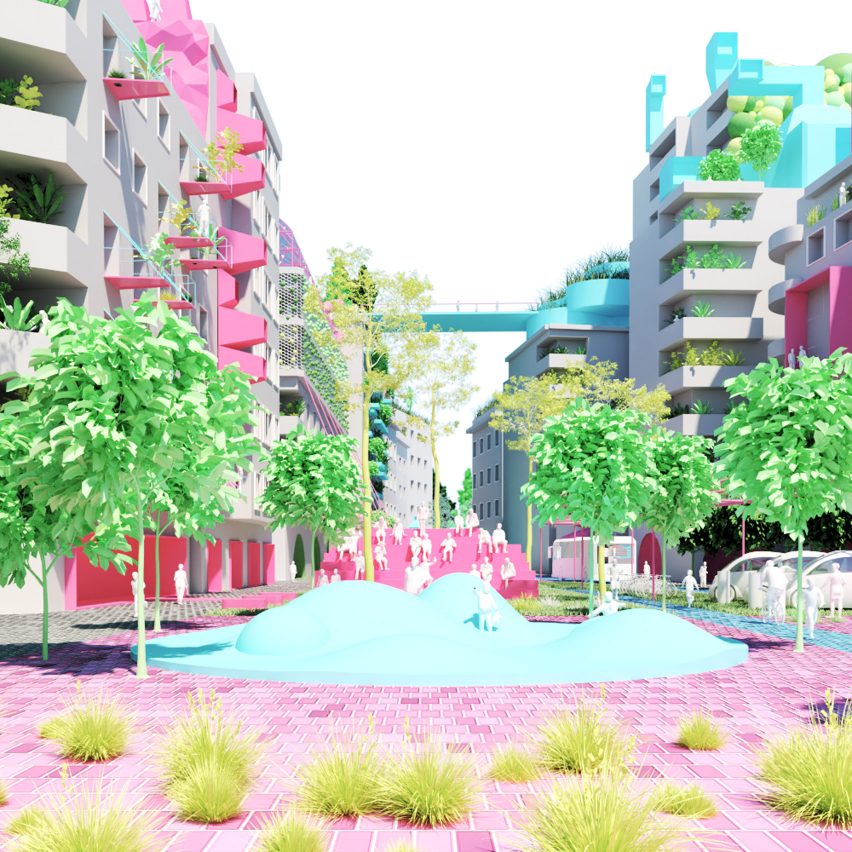

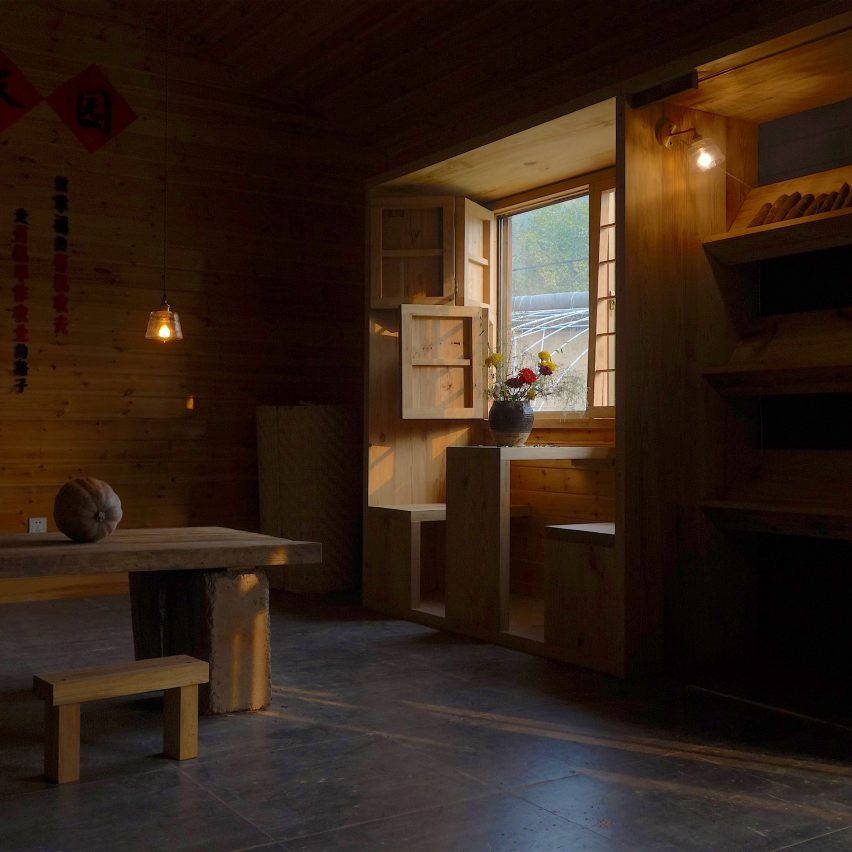
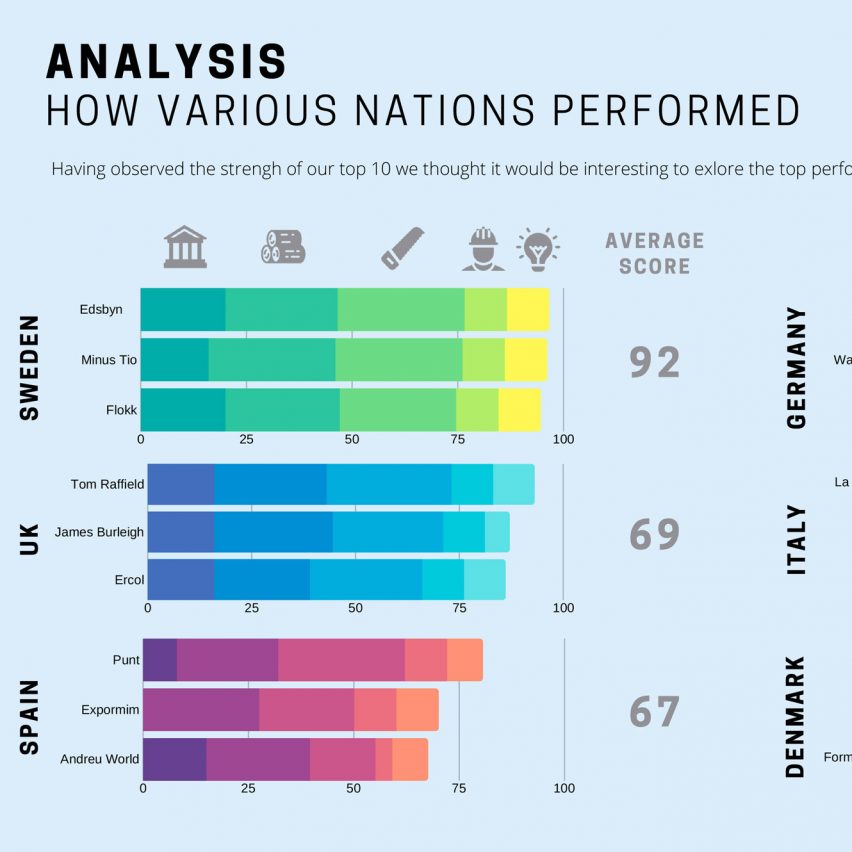

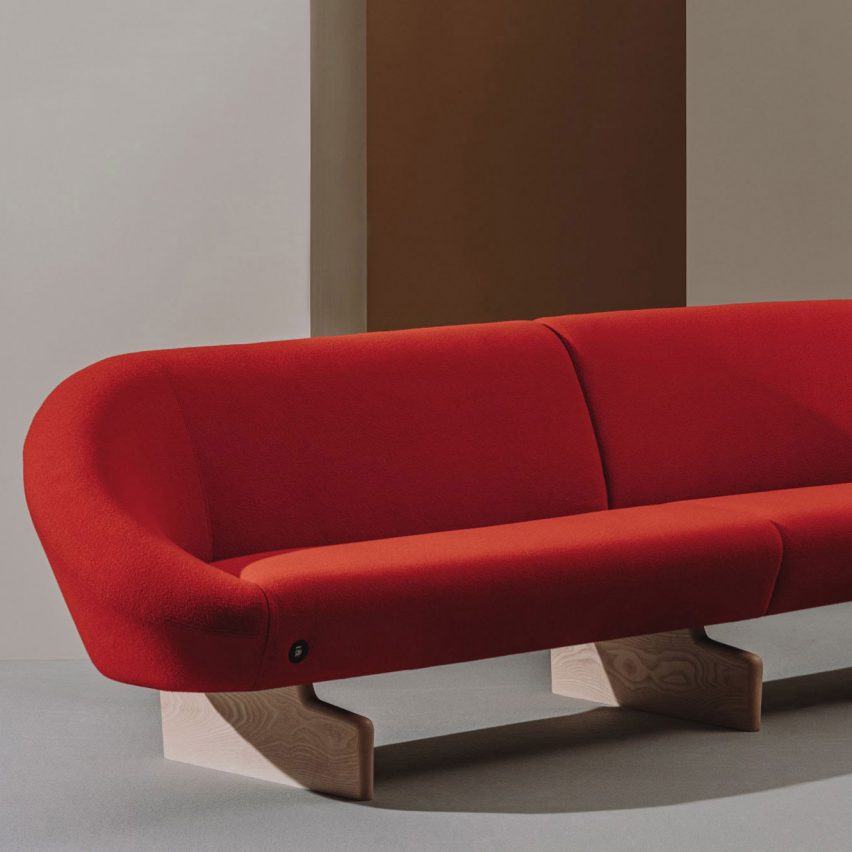
No comments:
Post a Comment